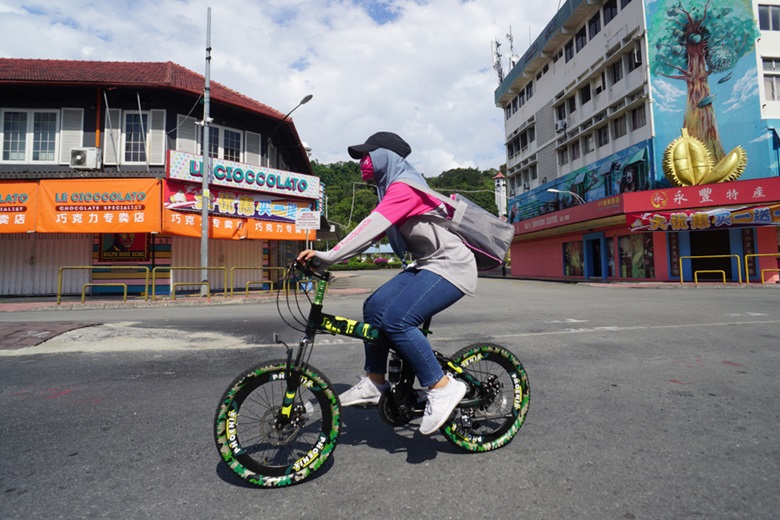Trade and Economic Downturn Deepen Amid Tensions, Pandemic

New data shows a further slowdown in economic and trade growth due to prolonged tensions, lower commodity prices and the COVID-19 pandemic in the APEC region.
"Persistent uncertainty is testing our resilience; trade and technology tensions and post Brexit concerns all contributed to the lackluster economic activity in 2019. The severity and uncertainty as to the duration of the COVID-19 pandemic further aggravate the ongoing challenges," said Dr Denis Hew, Director of the APEC Policy Support Unit.
According to the latest APEC Regional Trends Analysis, the Asia-Pacific recorded weaker economic growth at 3.6 percent in 2019, compared to 4.2 percent in 2018.
With the onset of the COVID-19 pandemic beginning earlier this year, a gloomier outlook is predicted for APEC in 2020. The region's economic growth is expected to post a record decline of 2.7 percent in 2020, which is contingent on the effective containment of the virus and the implementation of economic measures.
The report, first delivered to the Virtual Extraordinary Senior Officials' Meeting on Wednesday, shows a substantial decline in merchandise trade volume and value in the APEC region due to the implementation of various trade-restrictive measures such as anti-dumping, tariffs, duties and other levies.
Growth in the volume of merchandise exports dropped significantly to 0.6 percent in 2019, compared to 4.3 percent in 2018, while the volume of merchandise imports turned negative in 2019 after a 4.9 percent expansion in 2018.
Similarly, the value of APEC's merchandise exports and imports contracted by 1.9 percent and 2.9 percent in 2019, respectively.
Contrary to the merchandise trade numbers, the region's trade in services remained positive in 2019, albeit at lower levels than in 2018. The trade in services’ global growth is attributed to the increasing demand for digital technology services and automated services solutions, among others.
"Closer ties and cooperation between members are vital for ensuring the availability of credible and updated information to help policymakers around the region to develop appropriate policy responses at an exceptional scale," said Dr Rebecca Sta Maria, APEC Secretariat's Executive Director.
Fiscal and monetary support to mitigate the economic impact of containment measures, as well as stimulus packages are some of the key policy maneuvers that can be used for the uphill battle towards recovery.
"APEC, as an economic and trade forum, will soon have a new vision to guide its work for the next decades. This post-2020 vision will become more critical than ever as we navigate through the new normal and recalibrate our priorities for the future," Hew added.
“Resiliency, sustainability and inclusivity will take center stage,” he continued. "Support for healthcare systems and emergency preparedness will also be in the spotlight in our discussions."
APEC member economies should take advantage of the forum's open and voluntary environment to commence the work towards coordinated policy responses, according to the report.
These policy responses can ensure the free flow of medical goods and food supplies, improved access to and capacity of health systems, support for business and trade activities and a decisive move towards digitalization to catalyze economic activities in the region.
View the latest APEC Regional Trends Analysis, May 2020
See the Regional Economic Trends, May 2020 infographic
See the Pivoting to a Circular Economy infographic
# # #
For further details, please contact:
Masyitha Baziad +65 9751 2146 at [email protected]
Michael Chapnick +65 9647 4847 at [email protected]
More on APEC meetings, events, projects and publications can be found on www.apec.org. You can also follow APEC on Twitter and join us on Facebook, LinkedIn.

